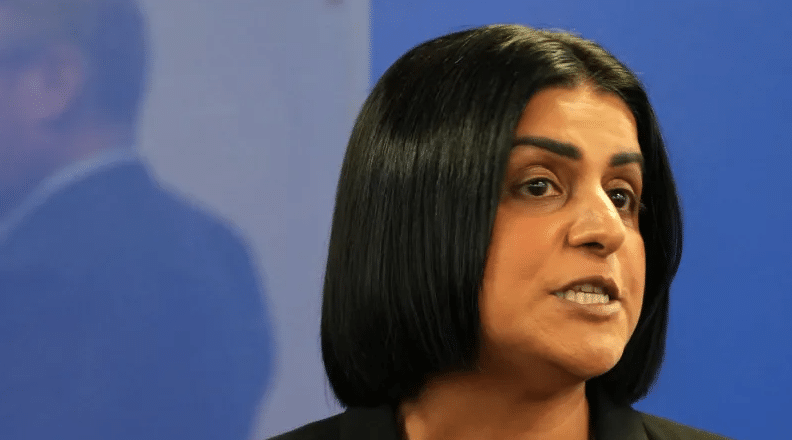
The UK government is preparing to announce a major overhaul of its asylum system, with Home Secretary Shabana Mahmood set to introduce temporary protection status for all refugees. This marks a significant shift from the long-standing policy that allowed asylum seekers to settle permanently and eventually become citizens.
Temporary Status to Replace Permanent Protection
Under the new plan, individuals granted asylum will no longer receive automatic long-term residence. Instead:
- Their protection will be temporary and regularly reviewed
- They may be required to return to their home country when it becomes safe
- The traditional path to indefinite leave to remain and citizenship will no longer be guaranteed
Government sources describe this change as a “significant shift” aimed at reducing asylum applications and curbing small boat crossings.
Inspired by Denmark’s Tough Immigration Model
The policy is heavily influenced by Denmark, whose Social Democrat-led government runs one of Europe’s strictest asylum systems. Key features of the Danish model include:
- Temporary residence permits, typically lasting two years
- Frequent re-evaluation of a refugee’s need for protection
- Stricter rules on family reunification
- A more challenging and lengthy path to citizenship
UK officials recently visited Denmark to study its system, which has helped reduce asylum claims to a 40-year low.
Government’s Rationale: Stop Asylum Abuse and Reduce Illegal Crossings
Mahmood argues that the UK’s current policies act as a pull factor, encouraging more people to make dangerous journeys across the Channel. She believes tougher rules will:
- Restore “order and control” to the border
- Reduce small boat crossings
- Prevent the rise of “darker forces” in British politics, a reference to Reform UK
Opposition and Political Concerns
The plan is expected to face pushback from within the Labour Party. Critics argue:
- The policy resembles far-right rhetoric
- It is morally and politically wrong
- Progressive voters may shift to parties like the Greens
However, Mahmood is prepared to defend her approach, warning that softer policies could push more voters toward Reform UK.
Legal and Human Rights Considerations
The government intends to keep the UK within the European Convention on Human Rights (ECHR) while tightening asylum rules. Both the UK and Denmark have expressed concerns about:
- “Activist judges”
- Broad interpretations of the right to a family life
- Legal barriers that prevent deportations
Meanwhile, Reform UK wants to exit the ECHR entirely, and Conservatives advocate reviving the Rwanda deportation plan, which Labour scrapped.
Border Control Remains a Priority
Mahmood acknowledges that the UK’s borders are currently “out of control.” She hopes that stronger asylum regulations will:
- Regain public trust
- Reduce migration numbers
- Strengthen Labour’s credibility on other policy issues




